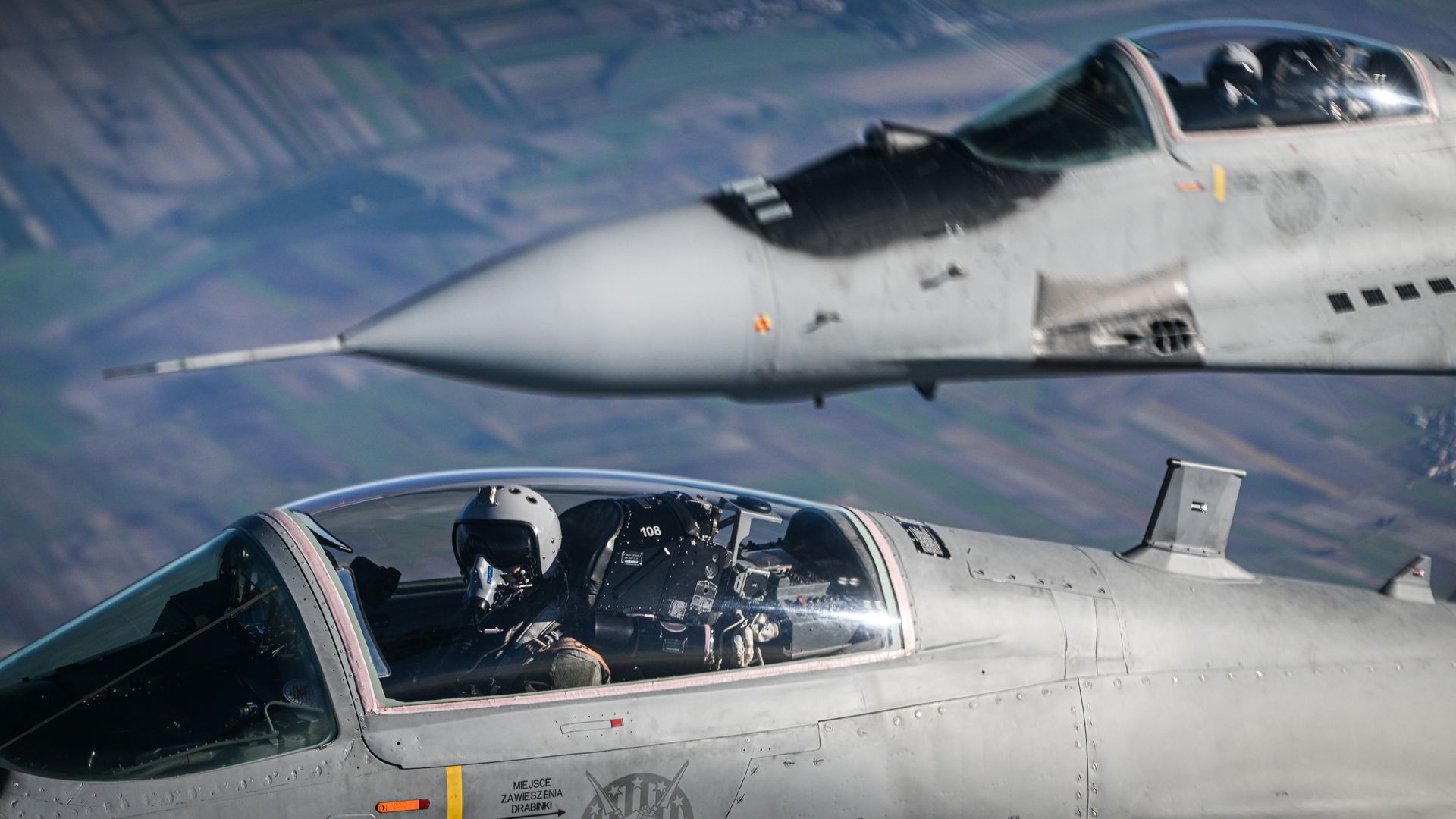Germany shifts stance on frozen Russian funds, now supports use for Ukraine, Bloomberg reports

Germany has shifted its position and now supports using frozen Russian sovereign assets to fund Ukraine’s needs, Bloomberg reported on Sept. 17, citing undisclosed sources familiar with the matter.
At the start of Russia’s full-scale invasion in 2022, the Group of Seven (G7) countries froze approximately $300 billion in Russian central bank assets, with about two-thirds held by the Belgian clearinghouse Euroclear.
European governments and G7 allies have been exploring ways to generate revenue from these immobilized funds.
European Commission President Ursula von der Leyen said on Sept. 10 that the EU was exploring the option of providing Ukraine with a reparations loan funded by the cash balance associated with the frozen assets.
Germany's previously cautious position on seizing the assets has shifted recently, partly as a result of fears that if the U.S. completely pulls aid to Ukraine, the burden to support Kyiv will fall disproportionately on Berlin, according to Bloomberg.
The various options wouldn't constitute the assets' outright seizure, supported by the U.S. and some European countries. Generating further revenue from the assets is expected to be discussed at a meeting of EU finance ministers in Copenhagen this week and again at the EU leaders’ summit in October, Bloomberg sources said.
A final decision is expected to be made during the EU leaders’ summit on Oct. 23-24.
Ukraine currently receives funds from frozen Russian assets under the G7's Extraordinary Revenue Acceleration mechanism, which provided Ukraine with a $50 billion loan financed by windfall profits generated from the assets.











